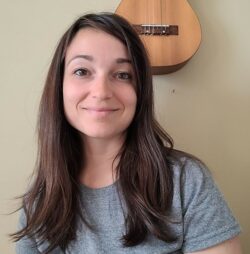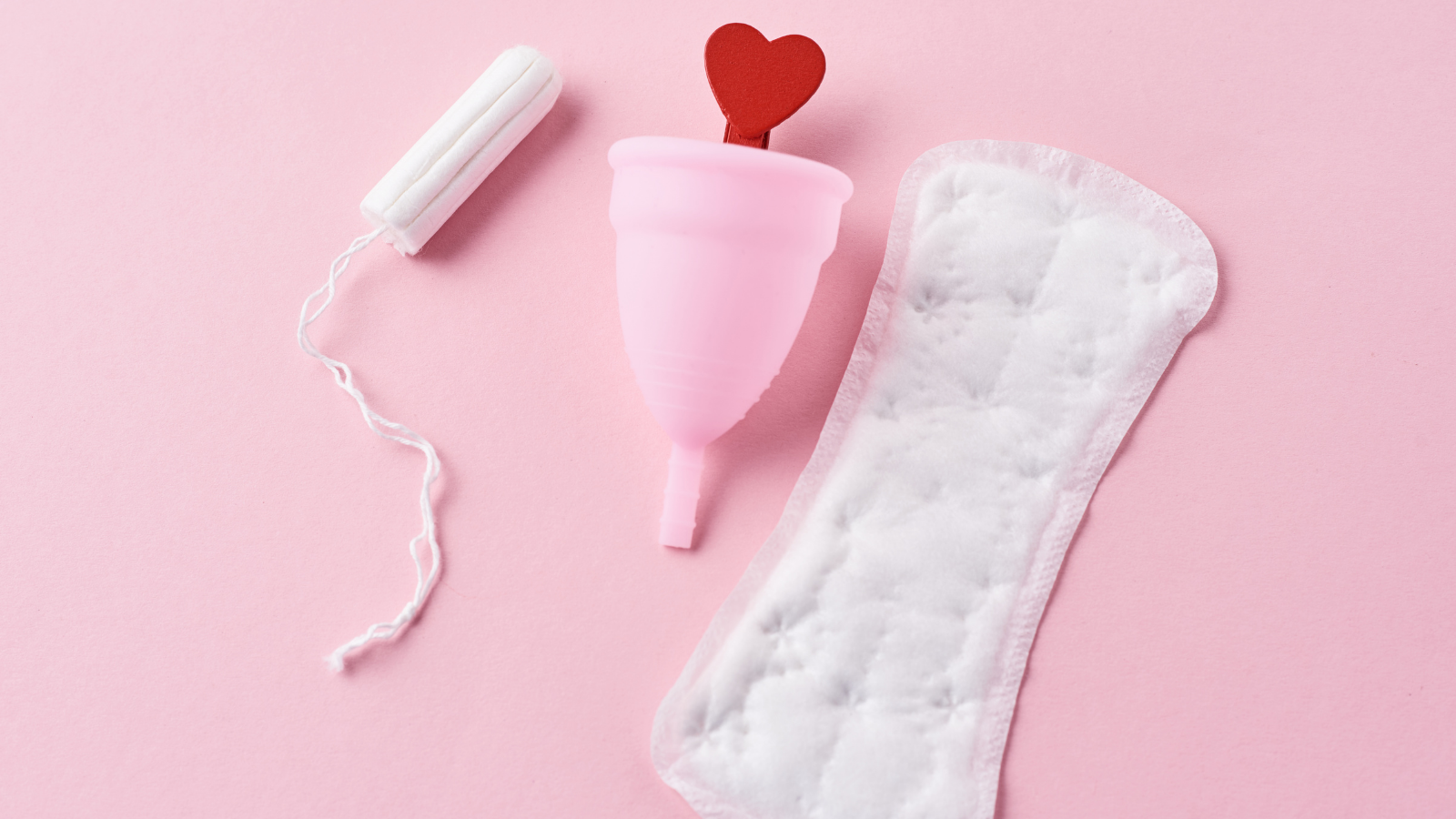
Did you know that Menstrual Hygiene Day is recognized every year on May 28? Access to menstrual health information and products is not only a global issue but a challenge that women and gender-diverse people face every day in communities across Canada. We spoke to Veronica Brown, Director of the Moon Time Sisters Ontario chapter about the unique challenges faced in northern and remote communities:
Starting the chapter in March 2017, Veronica began collecting items within her own community and the one she slowly created on social media. The Ontario chapter now supports over 35 Indigenous communities in northern Ontario, Quebec and Nunavut. In just five short years, the chapter has sent over half a million products north. Veronica is currently on maternity leave but also works as an Early Interventionist within York Region and is a part time Professor of Indigenous Studies at Centennial College.
How does your organization work to advance menstrual equity in your community?
Moon Time Sisters has four chapters in Ontario, Saskatchewan, British Columbia and Manitoba. They are all actively working towards menstrual equity in remote, northern communities throughout Canada. We do so by supplying specifically requested period products to communities free of charge. Our monetary donations help to pay for the items to be shipped. Collectively, we have sent up over a million items to our partner communities through our annual drives. MTS-ON does an annual drive in October, BC and SK do an annual spring drive, and MB will begin their first drive this summer.
What are some challenges that you face in your work?
Shipping costs always take a bit of a toll when shipping items north. The payment and the logistics of getting these items north are our biggest challenges we have faced in the past.
How can we ensure that the conversation on menstrual equity plays a role in shaping the national narrative about gender equality? What needs to be shared?
Indigeous points of view. There needs to be Indigenous voices at the table. Indigenous barriers being brought into the conversation. These are so important to be truly inclusive when we speak about gender and menstrual equality and equity. Many times our focus is on southern areas and we tend to leave out northern communities. We need to have everyone’s point of view on this matter.
Are you planning any activities around Menstrual Hygiene Day?
We will be announcing our Manitoba chapter. Stay tuned for more details!
The Equal Futures Network acknowledges that Indigenous people are the traditional guardians of Turtle Island, on the land also known as Canada






